Do you know how your tea or smartphone is produced? Probably not, but four researchers aim to make the process social and circular
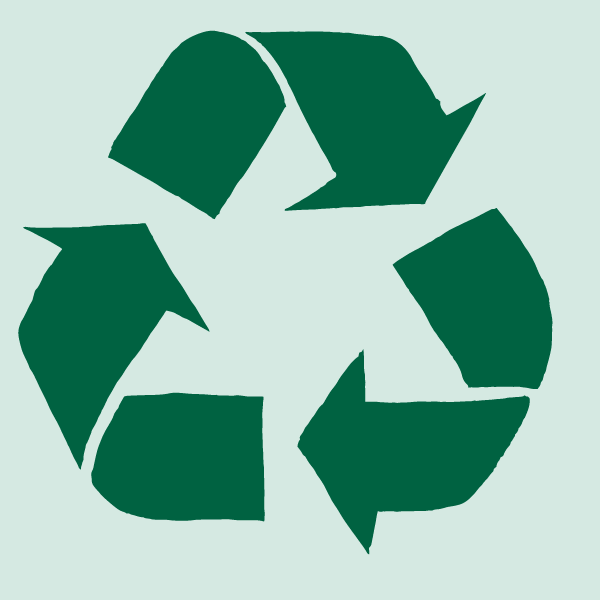
Tea, smartphones, T-shirts and electric cars are all the result of global supply chains, and while companies and consumers often want supply chains to be cheaper, faster and more flexible, a group of researchers from CBS and NORDAKADEMIE in Germany would rather they were transparent, ethical, social and circular. “Global supply chains are the most overlooked topic for solving current climate challenges,” says one of the researchers.
Do you ever think about who made your smartphone? Or how that delicious licorice tea is produced? Just give it a thought.
You probably know where you bought both your phone and your tea, but taking it a step further, and suddenly it’s quite difficult to even picture the processes behind the production. Who picked the tea leaves and under what conditions? Who processed the metal that went into the processor in the smartphone and where did all of that happen?
All these small steps related to a manufacturing, procurement and logistics occur in what is called the supply chain, and the supply chains of almost all goods produced today are globally dispersed. According to four researchers from CBS and NORDAKADEMIE – the University of Applied Sciences in Germany, it’s about time that we reinvent these global supply chains, which have had only one purpose so far; making things faster, cheaper and more flexible.
“When it comes to solving social and ecological challenges, improving our buildings and saving paper for the printer are not enough. At the end of the day, what we produce has a huge impact on the planet, so we must look at the supply chains. In fact, I think global supply chains are the most overlooked topic for solving current climate challenges,” says Andreas Wieland, Associate Professor at the Department of Operations Management at CBS and study coordinator of CBS’ HD-SCM line.
Together with Frank Fürstenberg, Professor at NORDAKADEMIE in Germany, and PhD Fellows Amanda Bille and Regina Brogna, he has just launched the three-year research project ‘The Supply Chain of the 21st Century – Towards Ethical, Social and Circular Business Models’.
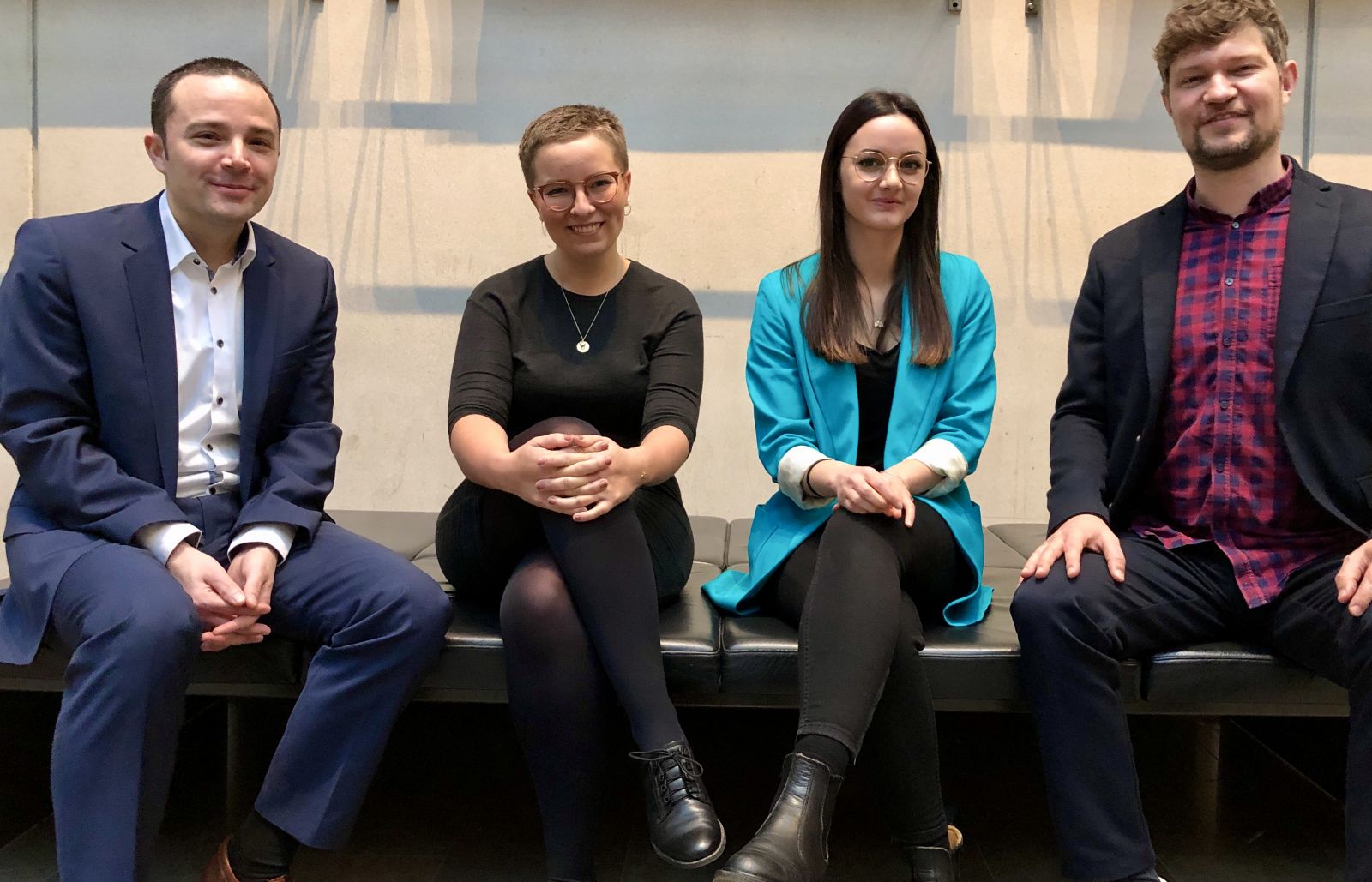
What the researchers want is to investigate the conditions in some of today’s global supply chains with a special focus on the “dark sides”, like working conditions and issues related to one-time usage. Ultimately, the researchers hope they can devise an alternative to linear supply chains that, according to them, dominate the way global businesses are organized nowadays.
“This project allows us to examine the complexity of global supply chains. If we keep consuming as we are now, we will simply ignore the social and ecological aspects of global supply chains. A lot of people still die in the process of making the products we use,” says Amanda Bille, who is especially interested in the tea supply chains.
A cup of ethically-produced tea, please
Let’s take a closer look at the tea industry. Amanda Bille explains that the global tea supply chain has barely changed for close to a hundred years. The leaves are still handpicked, and many plantations have strict rules for how many kilos the workers must pick every day to earn their wages, while cases of rape and child-labor still occur.
“Still, many of us tend to think ‘tea is just tea’ and that, as consumers, we have no chance of checking how it’s produced and therefore we don’t know what to buy instead,” she says.
So, what’s the alternative? According to the researchers, more transparent, ethical and social supply chains might be able to provide solutions to issues like those seen in the tea industry. Solutions that will benefit not only the workers but also corporations and us as consumers.
At the same time, they explain that global consumption is growing, and therefore we need more and more raw materials to satisfy the increasing demand. Something that is not free from consequences for the environment.
“There’s a strong conflict between the way we consume and our planetary boundaries,” says Andreas Wieland.
Following the researchers, the concept of the circular economy is a good place to start, when seeking out solutions, as it removes the issues related to the buy-consume-throwaway culture. And many companies are working on examples of how to earn money from being circular or adopting aspects of the circular concept into new business models.
For example, it’s become very popular to pay a monthly fee and rent a car when you need it instead of having one parked in the garage 24/7. A similar business model are the bicycles provided by Swapfiets as a mobility service. Also, fashion brands like Ganni offer to rent their clothing to customers, who return it again after use.
While companies are currently still pursuing linear and unsocial business models, we need to prepare future leaders for the things that will come, sooner or later
Andreas Wieland
Frank Fürstenberg brings another example to the table. The smartphone brand Fairphone aims to design their supply chains “with minimal harm to people and planet”.
“It’s a prime example of a product where considering the different steps in the supply chain process can make them as sustainable as possible. However, I haven’t seen that many people with a Fairphone, so there’s still a way to go,” he says.
Regina Brogna plans to focus on the circular supply chains and resulting business models during her PhD, to answer the question: How can companies transition from linear to circular business models?
“The circular economy can certainly improve supply chains. However, the shift from a linear to a circular system represents a disruptive change, which requires the right tools and technologies in order to be implemented,” she says.
Disruption ahead
The four researchers will use qualitative and quantitative data, as well as studying and questioning existing theories on the topic to reimagine global supply chains and turn them into a system that is transparent, eco-friendly and social.
Andreas Wieland pictures not only Danish and global companies and businesses benefiting from the results, but also business schools like CBS and NORDAKADEMIE, which will teach future leaders how to gain first-mover advantages instead of adhering to wisdom that will soon be outdated.
“While companies are currently still pursuing linear and unsocial business models, we need to prepare future leaders for the things that will come, sooner or later. Disruptive changes are on the horizon. Although they are not fully clear, we can do our bit to help prepare for these changes, of which the circular economy is certainly one,” he says and continues:
“And with a re-imagination of supply chains, consumers benefit by seeing things clearer and this can prevent poor working conditions and exploitation of resources.”



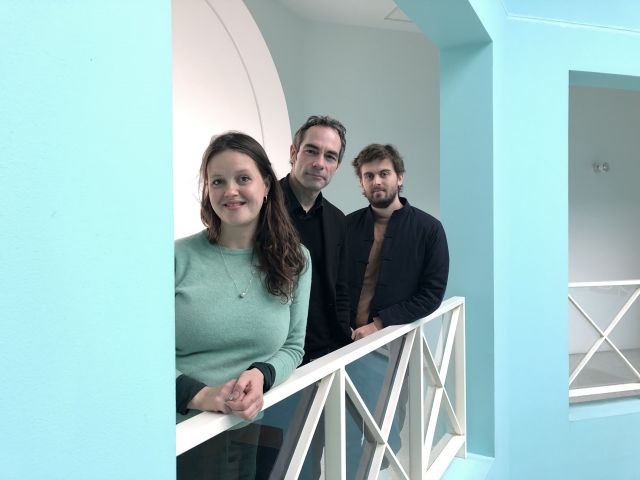
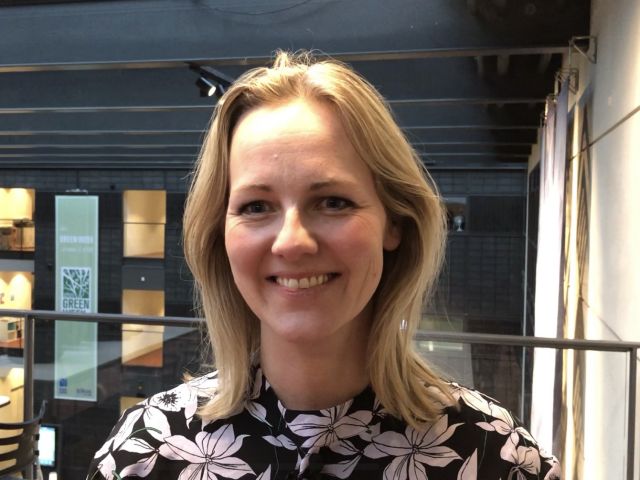
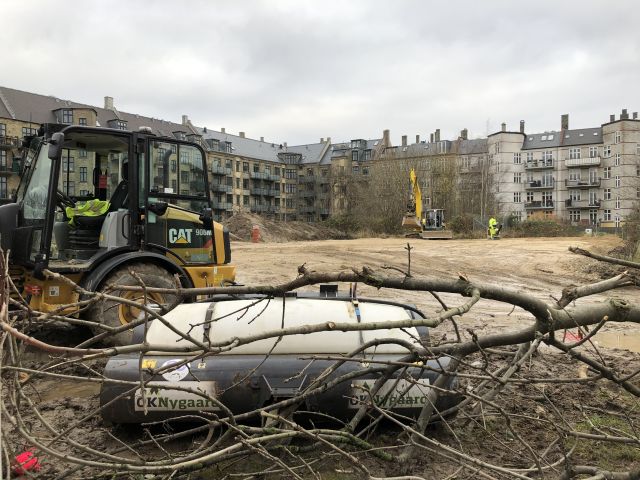
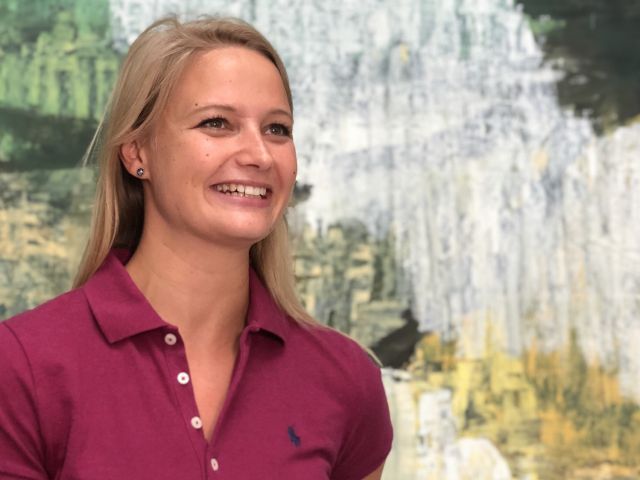
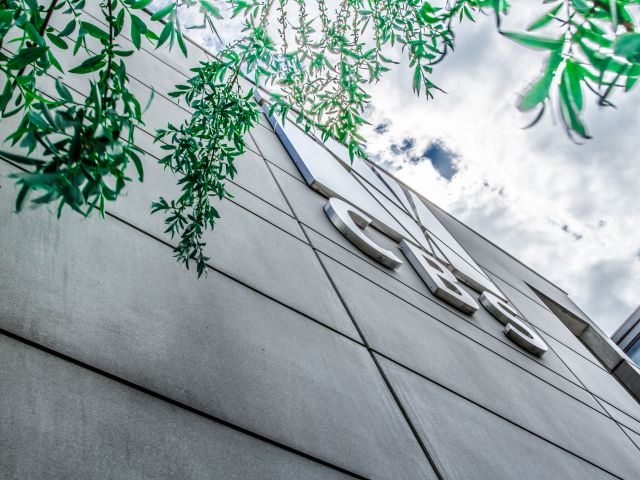
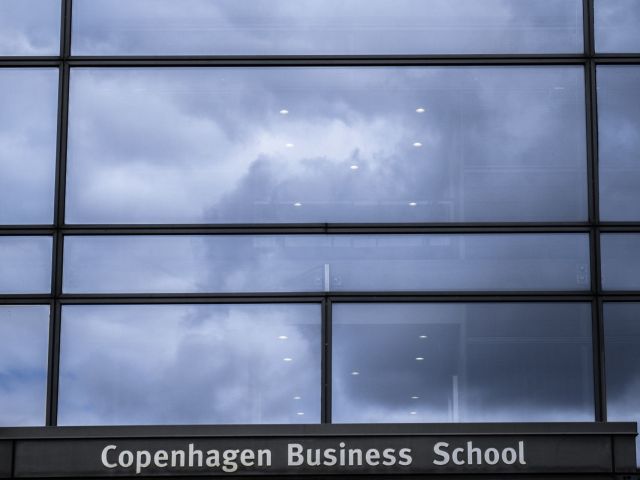
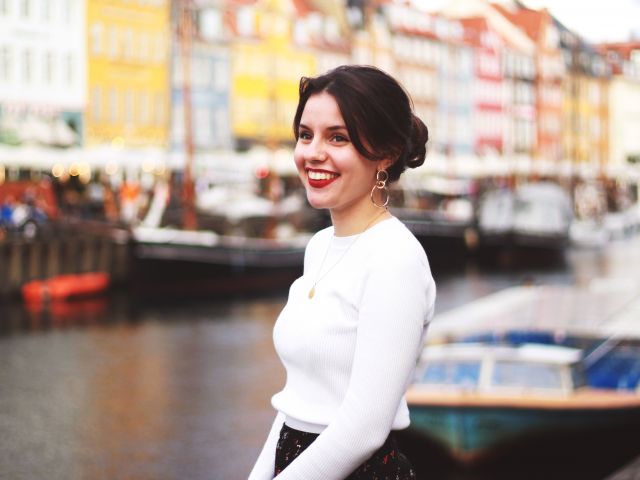




























































































































Comments